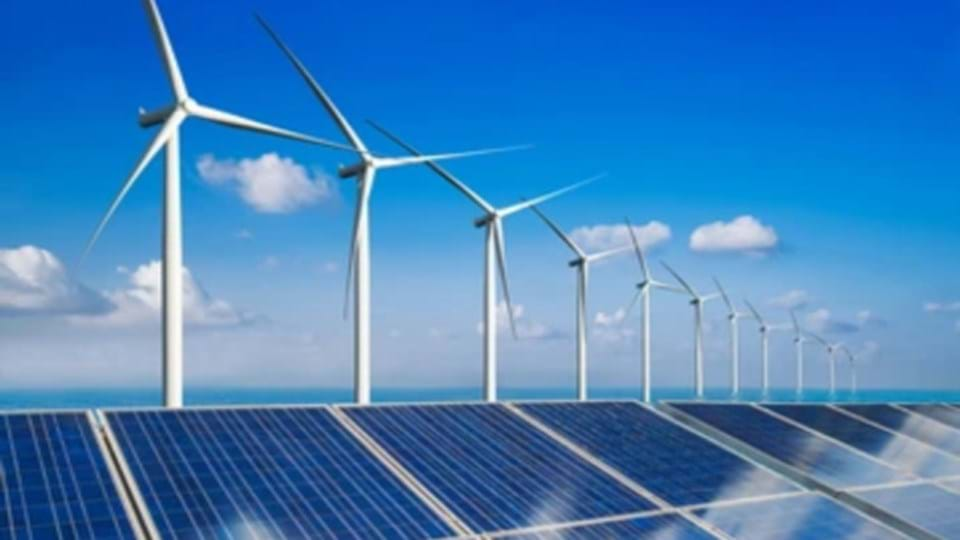Infra
ScottishPower plans £5.4bn investment in green UK energy infrastructure

SCOTTISHPOWER has unveiled £5.4bn (US$6.8bn) worth of contract opportunities covering the next ten years that will support electricity network ambitions and a net zero future.
The contracts offered by the integrated energy company include transmission projects across central and southern Scotland and will involve adding new high voltage substations, overhead line construction, as well as design, engineering, construction, and electrical works. The work will help connect 80–85 GW of clean renewable energy to Great Britain’s transmission system, allowing more green energy to move across the country, reducing the UK’s reliance on fossil fuels.
The major investment in green energy infrastructure and green jobs is expected to bolster the grid for decades to come. ScottishPower’s grid business, SP Energy Networks, is encouraging companies with the required skills and experience to bid for contracts to design, develop, and upgrade new and existing strategic transmission infrastructure.
The International Energy Agency has projected that to meet all national and climate energy goals, 80m km of power lines need to be added or replaced by 2040, and annual investment needs to double to more than U$600m by 2030.
Keith Anderson, CEO of ScottishPower, said: “We’re kickstarting the largest overhaul of the grid since its inception. Our investment plans will help grow our electricity networks, grow our workforce, and will provide a massive opportunity for the supply chain whilst unlocking growth for the wider economy.
“It is vital we get serious about getting on with the job of consenting and getting this new grid built so that we can take advantage of clean green renewables, transport it around the country, and lock in our energy security and maintain the UK’s track record in leading on decarbonisation.”
In November, the UK government set out plans to speed up power line construction alongside £960m for the Green Industries Growth Accelerator to accelerate manufacturing capacity in key net zero sectors including electricity networks and offshore wind.









